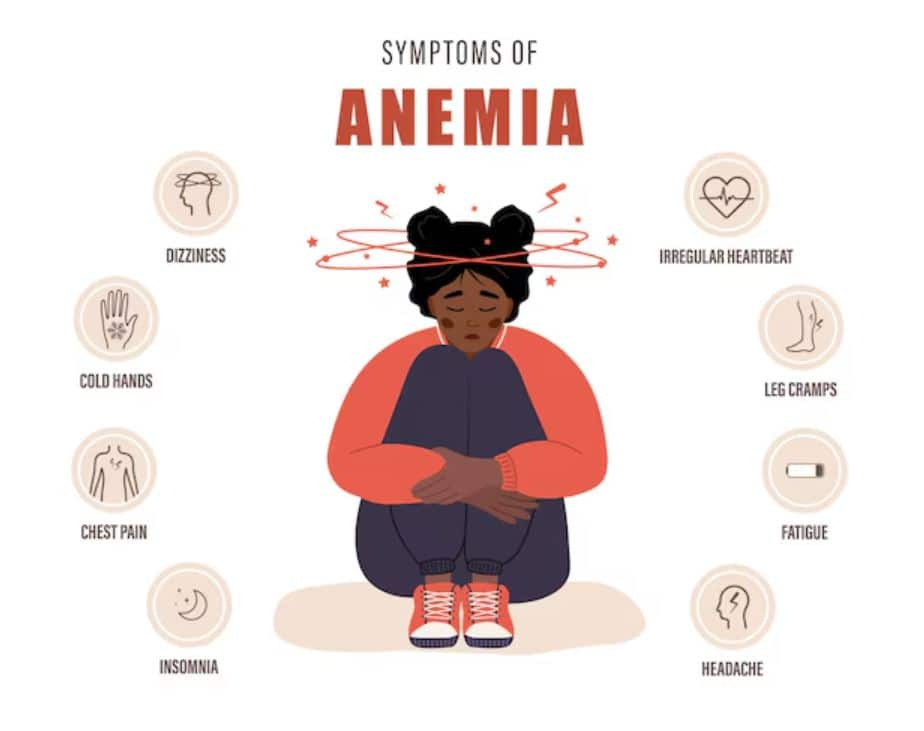Welcoming a new life into the world is a moment of unmatched joy, but for new mothers, it also comes with a whirlwind of physical changes, exhaustion, and health challenges. One of the most overlooked issues during postpartum recovery is iron deficiency, a condition that can seriously impact a new mom’s ability to heal, breastfeed, and feel emotionally balanced.
According to Dr Archana Batra, a dietician and certified diabetes educator, an iron-rich diet is not optional—it’s essential. Whether caused by blood loss during childbirth or the increased nutritional demands of breastfeeding, iron deficiency can sap new moms of energy and lead to deeper health complications like anemia and postpartum depression.
“Iron is the backbone of hemoglobin production in red blood cells,” explains Dr Batra. Hemoglobin is responsible for transporting oxygen throughout the body. When iron levels drop, the body’s oxygen supply dips too, leading to extreme fatigue, dizziness, poor immunity, and even shortness of breath.
For moms juggling sleepless nights and newborn care, this is more than just discomfort—it can derail the entire recovery process. “Iron deficiency also contributes to mood disorders, including postpartum depression,” she adds. That’s why new moms need to focus on iron-rich nutrition from day one.
Dr Batra divides iron-rich foods into two types:
Found in animal-based sources and more easily absorbed.
Found in plant-based foods and needs dietary support to improve absorption.
Lamb, liver
Chicken, turkey
Clams, tuna, sardines
Especially yolks
Spinach, kale, collards
Lentils, chickpeas, kidney beans
Brown rice, oats, quinoa, barley, ragi
Pumpkin seeds, almonds, cashews
Raisins, apricots, prunes
Pair With for Maximum Iron Absorption
To enhance iron absorption—especially from non-heme sources, Dr Batra recommends combining iron-rich meals with vitamin C-rich foods such as citrus fruits like oranges and lemons, strawberries, tomatoes, and bell peppers.
“Also, avoid drinking tea or coffee immediately after meals, as the tannins can inhibit iron absorption,” she adds.
While food should be the first line of defense, Dr Batra warns that in cases of diagnosed anemia, iron supplements might be necessary. “But don’t self-medicate. Overdosing on iron can lead to other health problems like constipation or toxicity,” she advises. Always consult with a healthcare provider before starting any supplement routine.
Recovering from childbirth isn’t just about getting more sleep—it’s about nourishing your body. An iron-rich diet boosts energy, immunity, and mental clarity, all of which are crucial for thriving in the demanding postpartum phase.
By incorporating the right foods, supporting nutrient absorption, and consulting medical professionals when needed, new moms can build a strong foundation for both physical recovery and emotional well-being.
Stay informed on all the , real-time updates, and follow all the important headlines in and on Zee News.









